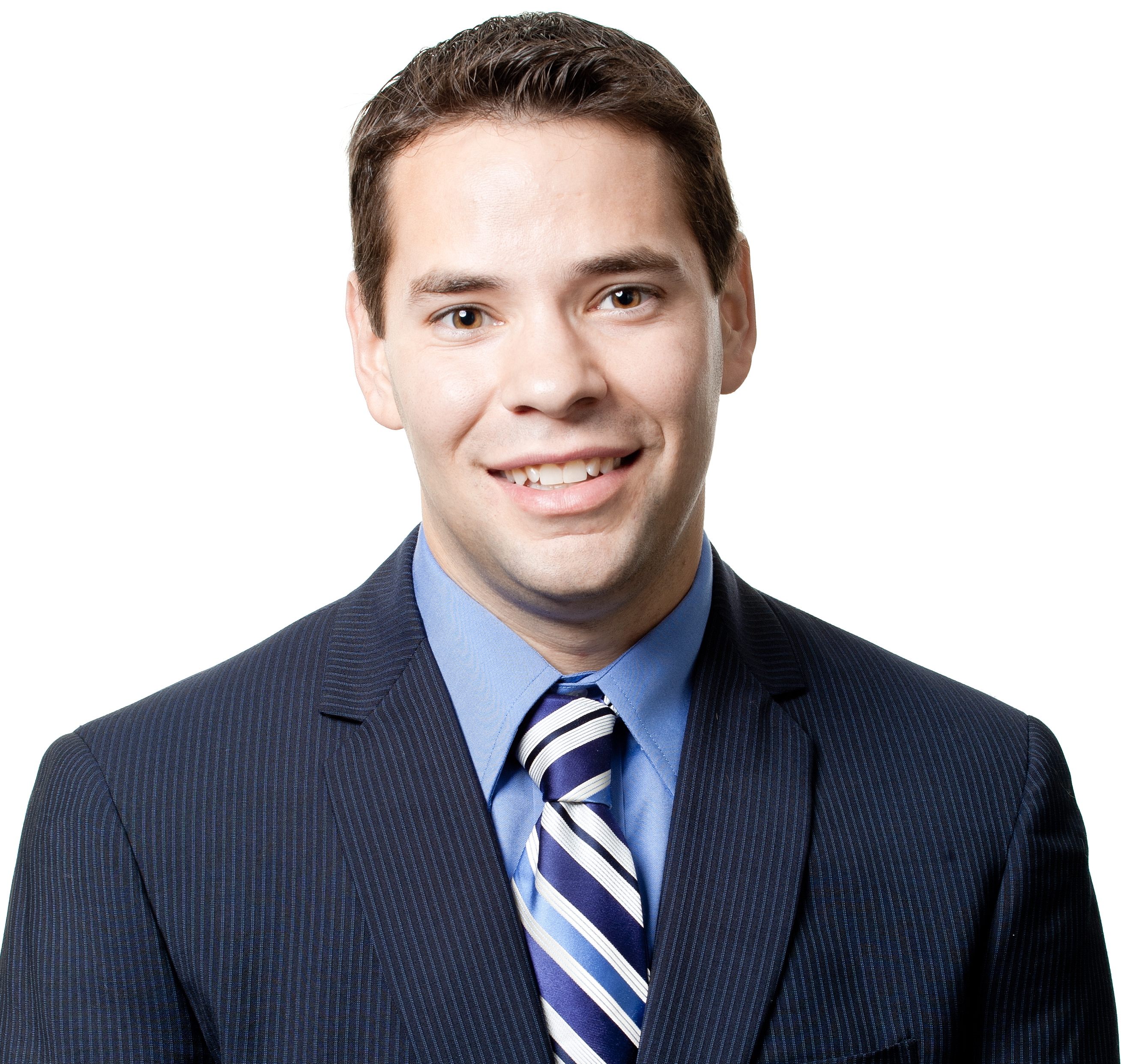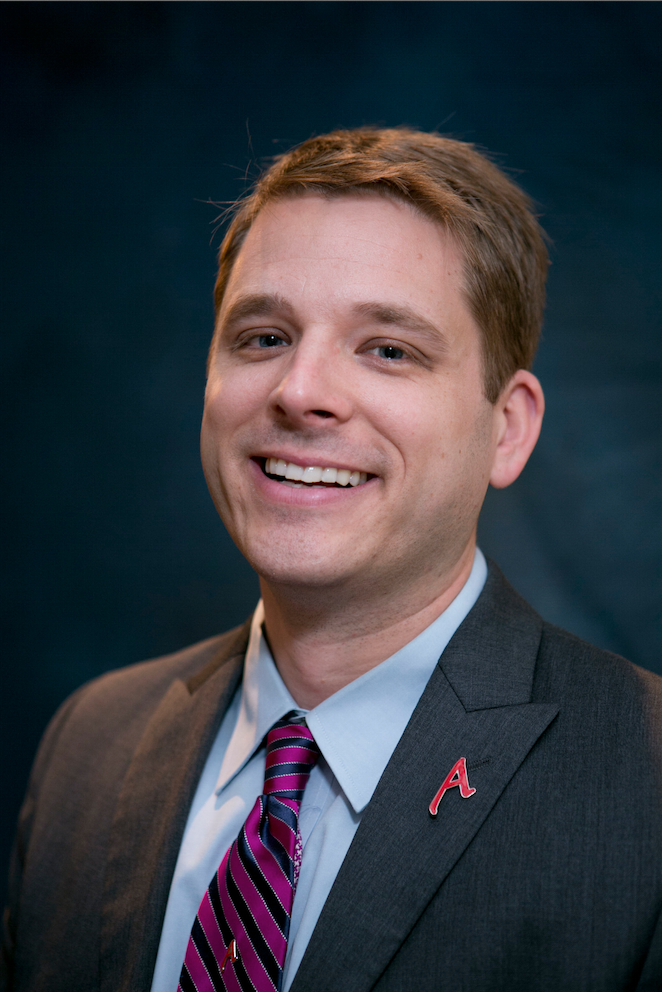

Staff Attorneys Andrew Seidel and Patrick Elliott testified yesterday before the Madison Equal Opportunities Commission about a proposed amendment to the Equal Opportunities Ordinance, which would grant protections to atheists in housing, employment, and public accommodations. Information on the proposed amendment to the ordinance is available here. It was introduced by Anita Weier.
The proposal was referred to the employment subcommittee for discussion on its March 12 meeting and will be up for a vote by the Equal Opportunities Commission on the same day. Read the testimonies below.
Testimony of Staff Attorney Patrick Elliott
Freedom From Religion Foundation
As a staff attorney with the Freedom From Religion Foundation and a member of the State Bar of Wisconsin Civil Rights Division, I encourage you to amend the Madison Equal Opportunities Ordinance to include atheists, and nonbelievers in general, as a protected class. FFRF has more than 21,500 members nationwide, including 1,300 Wisconsin members, and more than 500 in the Madison area. The Foundation works to protect the separation of state and church and educate about nontheism.
As an initial matter, it appears that discrimination against atheists is allowed by the current ordinance. Religion is defined as including “all aspects of religious observance and practice, as well as belief.” This definition excludes those of us who are non-religious. To belabor the point, atheism is technically not a belief – it is the lack of a belief.
Having worked to protect the civil rights of non-religious persons, I can tell you that discrimination against atheists is widespread and an ongoing concern. It permeates into employment, public schools, and even in discounts offered by places of public accommodation.
To give you an example from Wisconsin, various ethnic festivals in Milwaukee (such as Irish Fest) had been offering free admission for attending Catholic mass. This had been going on for decades. Only after FFRF challenged the practice in recent years did festival organizers end the discriminatory discounts. One festival still offers free admission for attending religious services, claiming it is allowed by Wisconsin’s public accommodations statute. That law only protects from discrimination on the basis of “creed.” If the law explicitly covered atheism or lack of a creed, it would be much easier to stop discriminatory preference in its tracks.
A new area of concern in Madison relates to rental properties owned by religious organizations. Because of state property tax preferences offered to two specific churches in Madison, St. Raphael Cathedral Parish and University Presbyterian Church own tax-free rental housing aimed at students. The Madison Catholic Diocese is also working to build market-rate rental housing at its Bishop O’Connor headquarters. The City must be sure that rentals are open to all persons, and that landlords not be allowed to segregate residents based on religion or non-religion.
The Equal Opportunity Ordinance recognizes that: “The denial of equal opportunity intensifies group conflict, undermines the foundations of our democratic society, and adversely affects the general welfare of the community.” Please amend the ordinance to include clear protections for atheists and other nonbelievers, who are often targets of discrimination.
Testimony of Staff Attorney Andrew Seidel
Freedom From Religion Foundation
Click here to view PDF version.
I am a son, a citizen, a husband, a father to be … and an atheist. I believe in many things: friendship, compassion, public service, leaving the world a better place, and love. I just don’t believe in god. I struggle with my mortality, strive to maintain my morality, and seek to spread happiness. I just don’t believe in god.
In many places in this country, those words would not only condemn me to ridicule and alienation, but open me up to discrimination. Legal, unchallengeable discrimination. The Arkansas Constitution says that “No person who denies the being of a God shall hold any office … nor be competent to testify as a witness in any Court.”
South Carolina’s state law mandates “that the president of the University shall not be an atheist or infidel.”
Texas prohibits religious test for public office, provided the person “acknowledge the existence of a Supreme Being.”
It has always been acceptable to discriminate against atheists. And even though these codified examples cannot be enforced, there are countless examples of atheists being discriminated against in this country.
In Kansas City and South Carolina we’ve seen shelters and soup kitchens reject atheist volunteers—willing, helping hands rejected because their heads could not accept a belief in god.
Other discrimination is more insidious and destructive. We’ve seen a rise in atheist parents having custody denied or curtailed because of their irreligion. We’ve seen model employees outed as nonbelievers and then immediately begin receiving lower performance evaluations and even being fired.
We see discounts to religious people, which effectively charge atheists a higher price for the same goods. Here in Madison one store gave out free gallons of milk to Christians, while forcing atheists to pay full price. Schools block atheist groups from forming and filter out atheist and freethought websites as “alternative” beliefs.
If any group in this country needs protection it’s the one that is least liked and most distrusted. When it comes to voting for an otherwise qualified candidate, atheists rank below Jewish, Mormon, LGBT and Muslim Candidates—we fall 14 percentage points below a gay or lesbian candidate, simply because of our irreligion. The same trend holds for parents asked about potential spouses for their children—atheists fall well below every other group.
A December 2011 study found that atheists are among our society’s most distrusted groups. We ranked below Christians, Muslims, gay men, feminists, and Jews—ranking at the bottom, with rapists, as least trustworthy.
Of course, it is easier to hide one’s atheism than sexual orientation or skin color because it’s less visible. But nobody should have to hide who they are in order to be treated fairly. It’s time that atheists enjoy the same protections as other Americans, and I encourage this council set an example and take this historic first step. Thank you.
